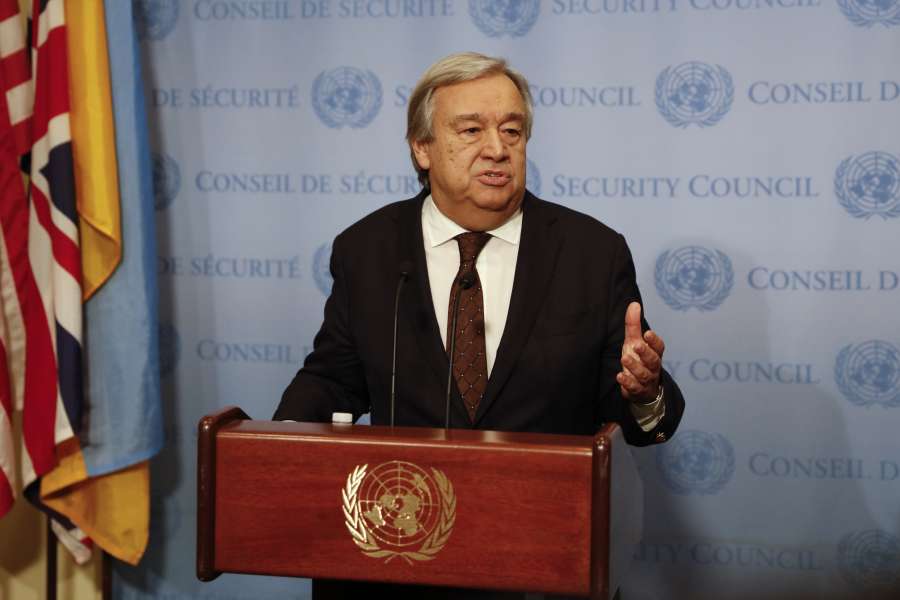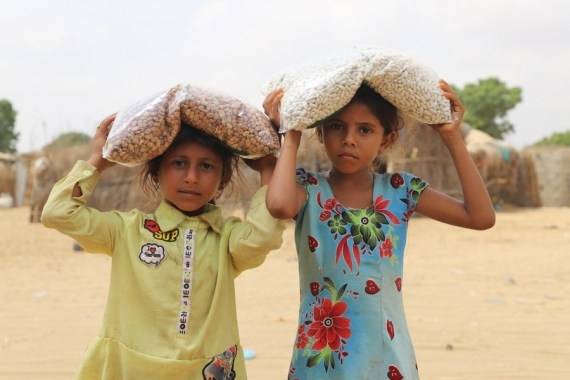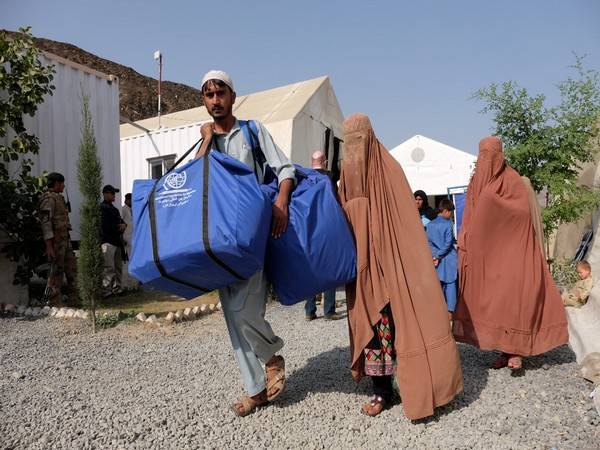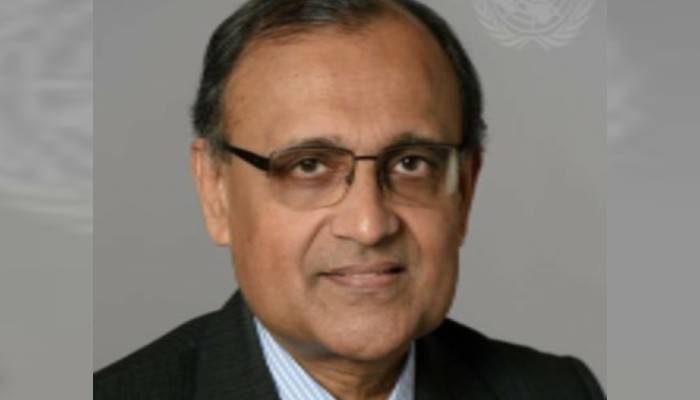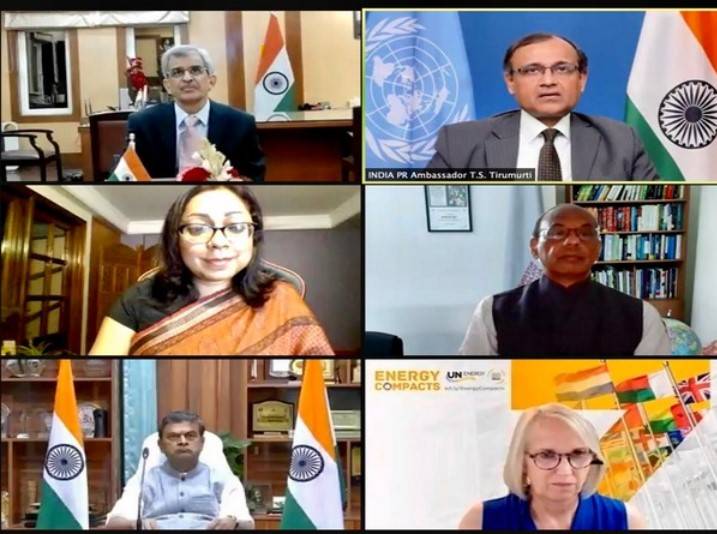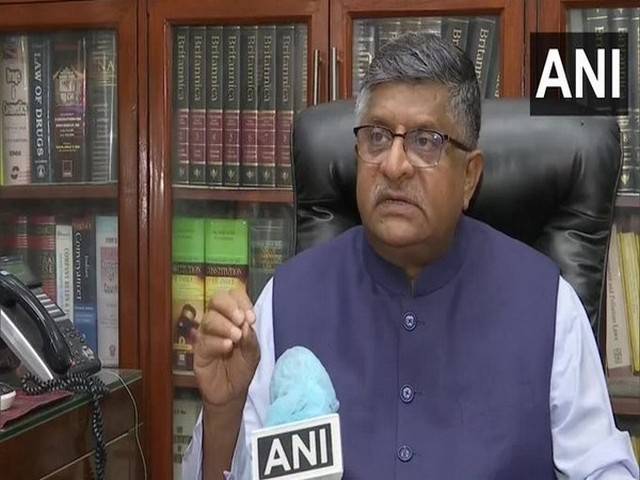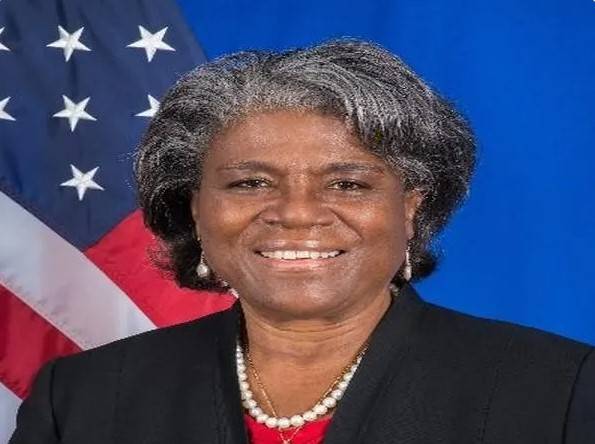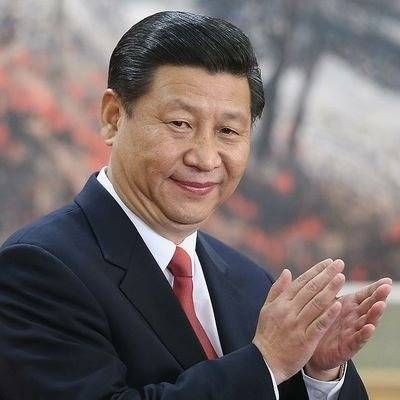Led by Prime Minister Imran Khan, Pakistan may send a jumbo delegation of nearly 40 diplomats to counter the widely-held perception that it has positioned top guns in the Haqqani network at the core of the Taliban regime. ..reports Rahul Kumar
Slammed for its blatant interference in micro-managing a pro-Pakistan government in Afghanistan, Pakistan has begun a major to damage control exercise rescue its reputation. Islamabads riposte includes a major diplomatic offensive at the 76th session of the UN General Assembly (UNGA) to counter the widely-held perception that it has positioned top guns in the Haqqani network — known for engaging in international terrorism — at the core of the Taliban-led government in Afghanistan.
Led by Prime Minister Imran Khan, Pakistan may send a jumbo delegation of nearly 40 diplomats to New York.
The 76th session of the UNGA, which will commence on September 14, will see as many as 83 heads of state, according to Volkan Bozkir, the current President of the UNGA. The face-to-face meeting assumes importance this year as the previous session had to be converted into an online meeting due to the pandemic.

Highly placed sources say, the Pakistani delegation will be led by Khan with Foreign Minister Shah Mahmood Qureshi and foreign secretary Sohail Mahmood accompanying him. The other diplomats will be from its UN missions as well as its foreign ministry.
Imran Khan is slated to address the UNGA on September 24.
Also, top of the agenda are bilateral meetings to be held between September 21-24. These include meetings with the UN Secretary General Antonio Guterres; the newly-elected president of the UN General Assembly Abdulla Shahid and Secretary General of the Organisation of Islamic Cooperation (OIC) Yousef Al-Othaimeen.
ALSO READ: Pakistan aims better start with Mullah Akhund as Afghan PM
Pakistan is believed to be fixing up bilateral meetings with the foreign ministers of global powers–USA, Russia and China as well as with important Islamic nations Turkey, Saudi Arabia and Qatar, besides other countries.
Sources say that Pakistan is reaching out for meetings with other nations like the UK, Maldives–which will take over the UNGA presidentship, Ireland which holds the presidentship of the Security Council for the current month and a number of European nations.
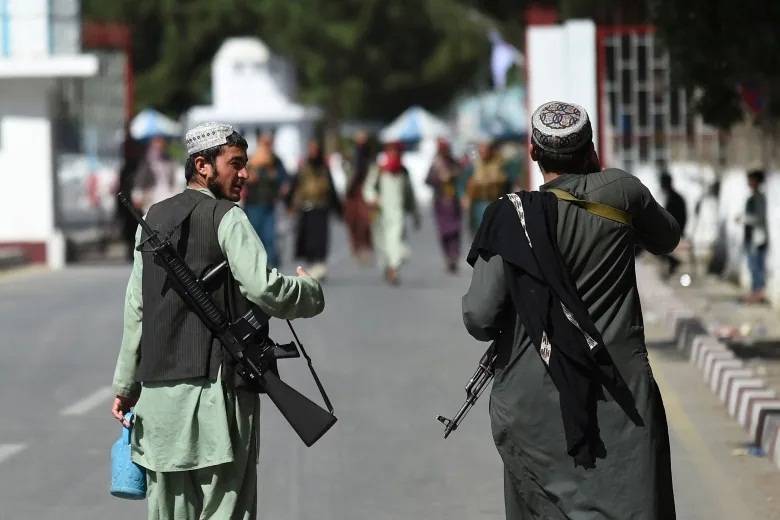
This year’s UNGA meeting has been carefully planned as an in-person meeting after fear last year due to the spread of the Covid-19 pandemic.
Washington has requested the UN to keep the meeting low profile due to the threat from the Delta variant of the coronavirus. The UN mission has already sent a letter to the 192 member nations to address the meeting through video mode instead of sending their delegations which might lead to organising side events. However, despite US protestations and warnings, well over 80 heads of states are planning to address the UNGA.
Experts believe that besides discussions on the Afghan situation and matters over recognition to the Taliban government, there could be high-level events on climate change and energy, food security, vaccines and racism.
(The content is being carried under an arrangement with indianarrative.com)



